In this blog, we’ll explore the latest trends and advancements in sales and marketing software, how they’re impacting businesses today, and what we can expect in the years ahead. Get ready for a deep dive into the exciting sales and marketing software world that promises to shape tomorrow’s business landscape!

The Shift towards Online and Digital GTM Solutions
The Shift towards Online and Digital GTM Solutions is a transformational trend that is shaping the future of sales and marketing software. With the customers’ needs and expectations rapidly evolving, companies are moving towards digital GTM solutions to keep up with the changing landscape. This shift is characterized by increasing digital sales strategies focusing on the sales process, CRM, marketing automation software, and influencer marketing. The emergence of online and digital GTM solutions is also driving the evolution of chatbots and conversational AI in sales and marketing.
By leveraging digital channels and platforms, B2B sales interactions will be dominated by digital channels by 2025. In conclusion, the shift towards online and digital GTM solutions is a game-changer for businesses looking to stay competitive in a rapidly evolving market.
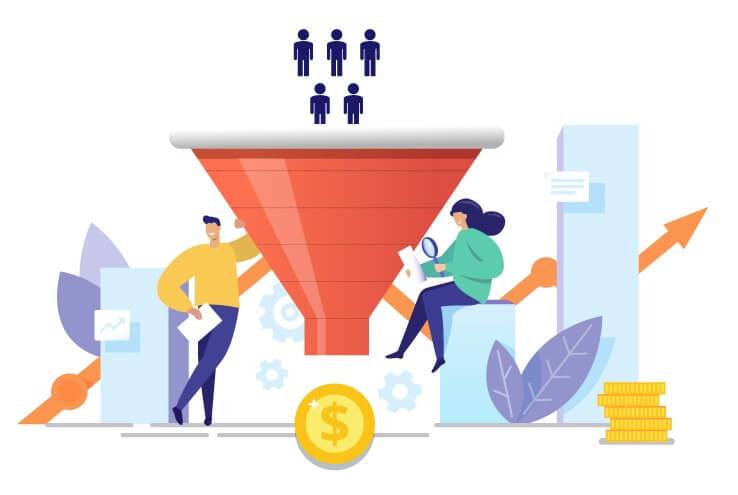
Buyer Experience as a Critical Factor in Shortening Sales Cycles
The importance of buyer experience in shortening sales cycles cannot be overstated. As discussed earlier, digital GTM solutions and marketing automation software are driving the shift toward online marketing in B2B sales. However, these technologies must be accompanied by a thoughtful and personalized approach to the customer journey. Sales reps must focus on the buyer’s experience in order to effectively engage with prospects and convert them into customers. This is where customer testimonials and influencer marketing come into play, as personal endorsements from satisfied customers can greatly improve the overall buying experience.
In short, the future of sales and marketing software hinges on delivering buyers a seamless and personalized experience, ultimately resulting in shorter sales cycles and increased revenue.
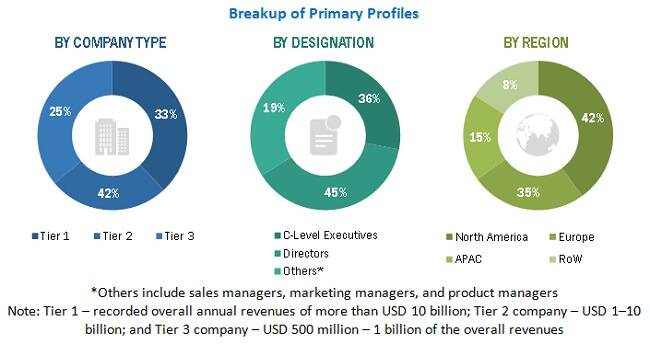
Growing Market for Marketing Automation Software
The future of sales and marketing software is heavily reliant on the growing market for marketing automation software. With the various capabilities provided by the best marketing automation software, it is now easier than ever to drive revenue and grow bottom lines. As sales cycles continue to shorten, marketing automation tools are becoming increasingly critical for effective lead nurturing and customer relationship management. The use of marketing automation software is expected to increase significantly in the coming years, owing to the increasing significance of marketing in generating sales and the need for businesses to streamline their marketing workflows.
The combined use of CRM software and marketing automation tools will enable businesses to better manage their relationships with customers and craft effective marketing campaigns that drive growth. As businesses increasingly turn towards online and digital GTM solutions, the use of marketing automation software will become even more vital for success.

Leveraging Customer Testimonials for Influencer Marketing
Incorporating customer testimonials as a part of your influencer marketing strategy can be a game-changer. Through influencer collaborations, brands can use customer reviews and endorsements to promote their products and services to a wider audience. This approach lends authenticity and credibility to the campaigns while building customer trust and brand loyalty. By leveraging customer testimonials, businesses can expect to foster deeper relationships with their audience and expand their reach in the market.
This strategy is expected to witness a surge in the coming years as consumers rely heavily on social proof before making a purchase. It will be interesting to see how businesses integrate this aspect into their influencer marketing strategies to enhance their online presence further.
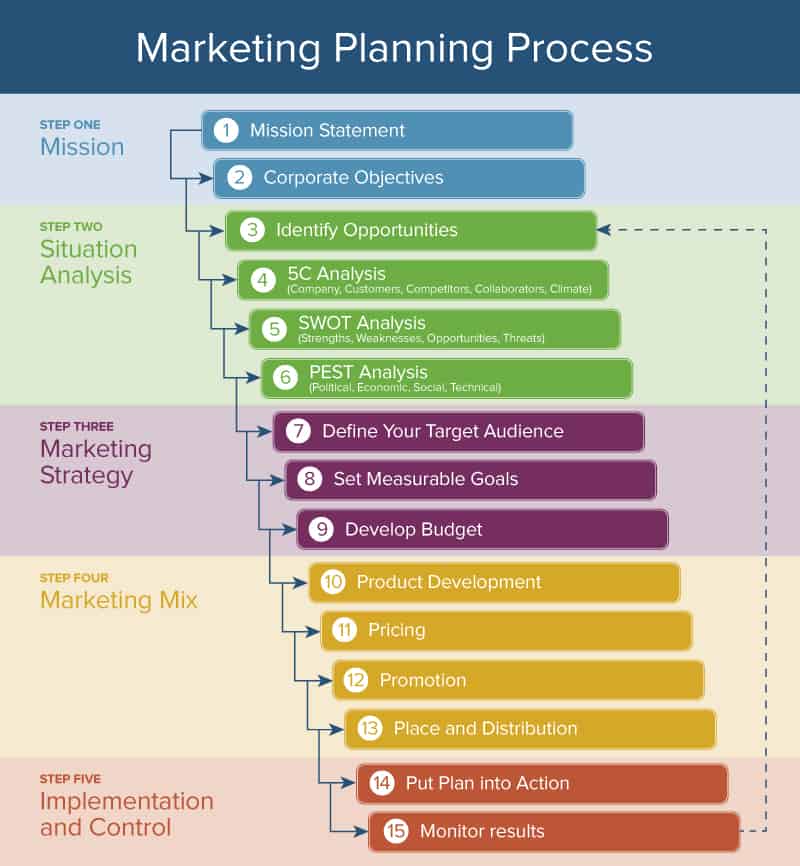
Importance of Marketing and Sales Prospects for Business Success
In the future of sales and marketing software, a strong focus on marketing and sales prospects will be critical for businesses to succeed. As discussed previously, prospecting is the strategy used to find and reach new customers, and with the growing market for marketing automation software, businesses have access to tools that help generate and manage these prospects.
Additionally, leveraging customer testimonials for influencer marketing and utilizing digital channels to dominate B2B sales interactions will also play important roles in acquiring new prospects. However, more than simply obtaining prospects is required. The role of CRM software in managing business relationships is crucial for converting prospects into customers and maintaining those relationships over time. By focusing on marketing and sales prospects as a key component of business success, companies can have a steady stream of potential customers to drive their growth and revenue.

Role of CRM Software in Managing Business Relationships
CRM software plays a critical role in managing business relationships. It allows businesses to consolidate customer information in one place and automate marketing and sales processes. CRM solutions are a must-have for businesses looking to acquire, nurture, and manage customer relationships. A CRM system can help businesses improve customer satisfaction and increase revenue by streamlining the sales cycle.
Furthermore, CRM software benefits both merchants and shoppers, ensuring a smoother buying experience from start to finish. As digital channels are set to dominate B2B sales interactions by 2025, the importance of CRM software will only continue to increase. By leveraging the power of technology and data, businesses can strengthen their relationships with customers, gain insights into their purchasing behavior, and stay ahead of the competition.
Role of Artificial Intelligence in Sales and Marketing Software
One of the most significant technological advancements in sales and marketing software is the integration of artificial intelligence (AI). AI-powered software can analyze vast amounts of data and provide insights that can help businesses make data-driven decisions. AI algorithms can analyze customer behavior, preferences, and purchase history to create personalized marketing campaigns that resonate with customers.
AI-powered sales software can also automate routine tasks, such as lead generation, lead scoring, and sales forecasting. This frees up sales teams to focus on building relationships with customers and closing deals. AI-powered chatbots are also becoming increasingly popular in sales and marketing software. These chatbots can handle routine customer inquiries and provide 24/7 customer support, ensuring that businesses can respond to customers promptly.

Digital Channels to Dominate B2B Sales Interactions by 2025
According to several reports from Gartner, up to 80% of B2B sales interactions between suppliers and buyers will happen in digital channels by 2025. This shift towards digital sales channels has been driven by changing B2B buyer behaviors and the need for businesses to stay agile and competitive in an increasingly digital world. As a result, it is essential for companies to adopt a digital-first approach to their sales strategies and incorporate various digital tools such as marketing automation, CRM software, and chatbots to enhance their online presence and customer interactions.
By providing a seamless digital experience, businesses can better connect with potential buyers and shorten sales cycles, all while harnessing the power of various digital channels to reach a vast audience. The seamless integration of different digital tools will help firms drive sales growth and create a better customer experience that meets their evolving needs. Overall, the dominance of digital channels in B2B sales interactions by 2025 underscores the importance of online marketing and sales strategies, and businesses that commit to these changes stand to reap significant benefits in the long term.
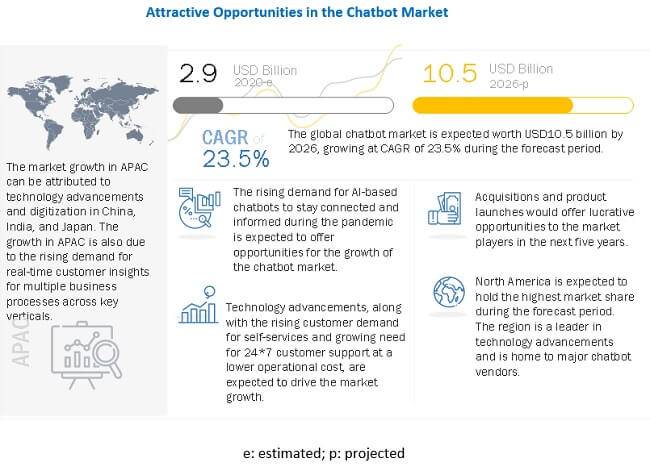
Evolution of Chatbots and Conversational AI in Sales and Marketing
As the world becomes increasingly digitized, businesses are turning to chatbots and conversational AI to streamline their sales and marketing processes. With their ability to simulate human conversation and provide instant responses to customer queries, chatbots are fast becoming a critical tool in marketing automation. This trend aligns with the growing importance of buyer experience and the need for businesses to shorten their sales cycles.
Moreover, the integration of machine learning and advanced natural language processing algorithms has enabled chatbots to offer personalized recommendations and tailored solutions, improving customer satisfaction and driving sales. As digital channels continue to dominate B2B sales interactions, it is clear that chatbots and conversational AI will play an increasingly central role in the future of sales and marketing software.
Impact of Social Media on Sales and Marketing Software
Social media has transformed the way businesses interact with customers, and sales and marketing software has played a critical role in this transformation. Social media marketing tools allow businesses to create and publish content across multiple platforms, track engagement metrics, and analyze customer feedback. Social listening tools can monitor conversations on social media and provide businesses with insights into customer sentiment and feedback.
The integration of social media with sales and marketing software has also led to the emergence of influencer marketing. Influencer marketing involves partnering with social media influencers to promote products and services. Influencers can help businesses reach new audiences and build brand awareness, leading to increased sales and revenue.
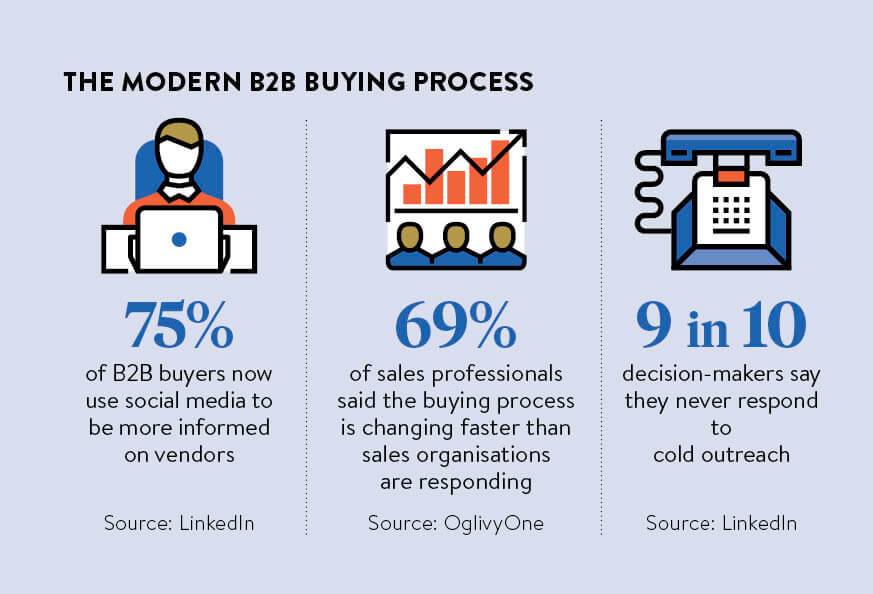
Future Vision of Sales and Marketing Integration
Section 9 of this blog paper delves into the future of sales and marketing integration in the software industry. Sales and marketing integration has been recognized as critical to business success across various industries. As businesses evolve, integration between sales and marketing teams is essential for success. To stay ahead of the competition, businesses need to develop a comprehensive strategy that combines their sales and marketing goals seamlessly. The future vision of sales and marketing integration is expected to provide a seamless customer journey, from the early stages of awareness to the final purchasing decision. This requires the use of data-driven approaches, automation, and effective communication, all of which should be integrated into a single platform.
With such integration, businesses can enjoy an enhanced customer experience, shortened sales cycles, more efficient communication, and increased revenue. The ability to maximize the potential of sales and marketing integration through effective software is critical in realizing the future success of businesses.
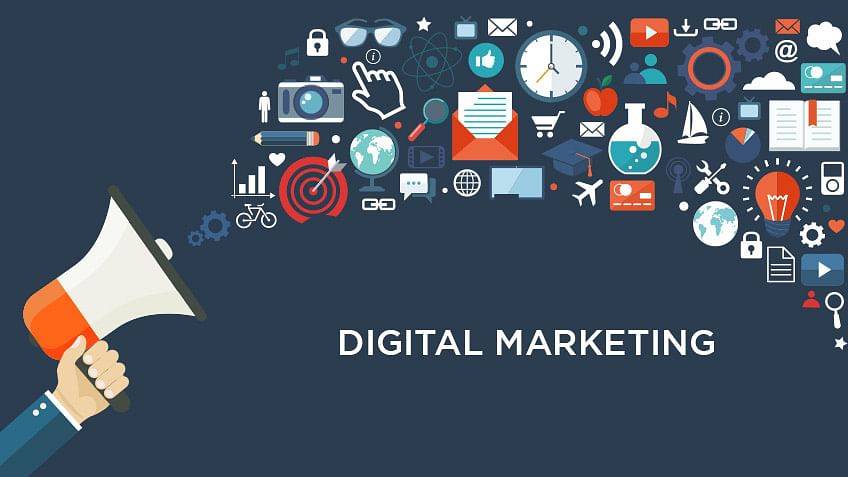
The Emergence of Platform Economy in Sales and Marketing Software
The emergence of the platform economy is changing the dynamics of the sales and marketing software industry. Companies like Amazon, Etsy, Facebook, Google, Salesforce, and Uber have created online structures that enable a seamless customer transactional experience. These digital platform economies are disrupting traditional sales and marketing models, driving collaboration and innovation amongst organizations. As platform economies continue to flourish, companies must leverage these structures to expand their scope of services and offerings.
By embracing this shift, organizations can create new business opportunities and deliver enhanced customer value, ultimately driving long-term success. The future of sales and marketing software lies in the intelligent application of these platform economies, which can facilitate easy access to data, analytics, and insights, driving customer engagement and fostering innovation. The integration of platform economies with sales and marketing software will be a significant driver in the years to come.
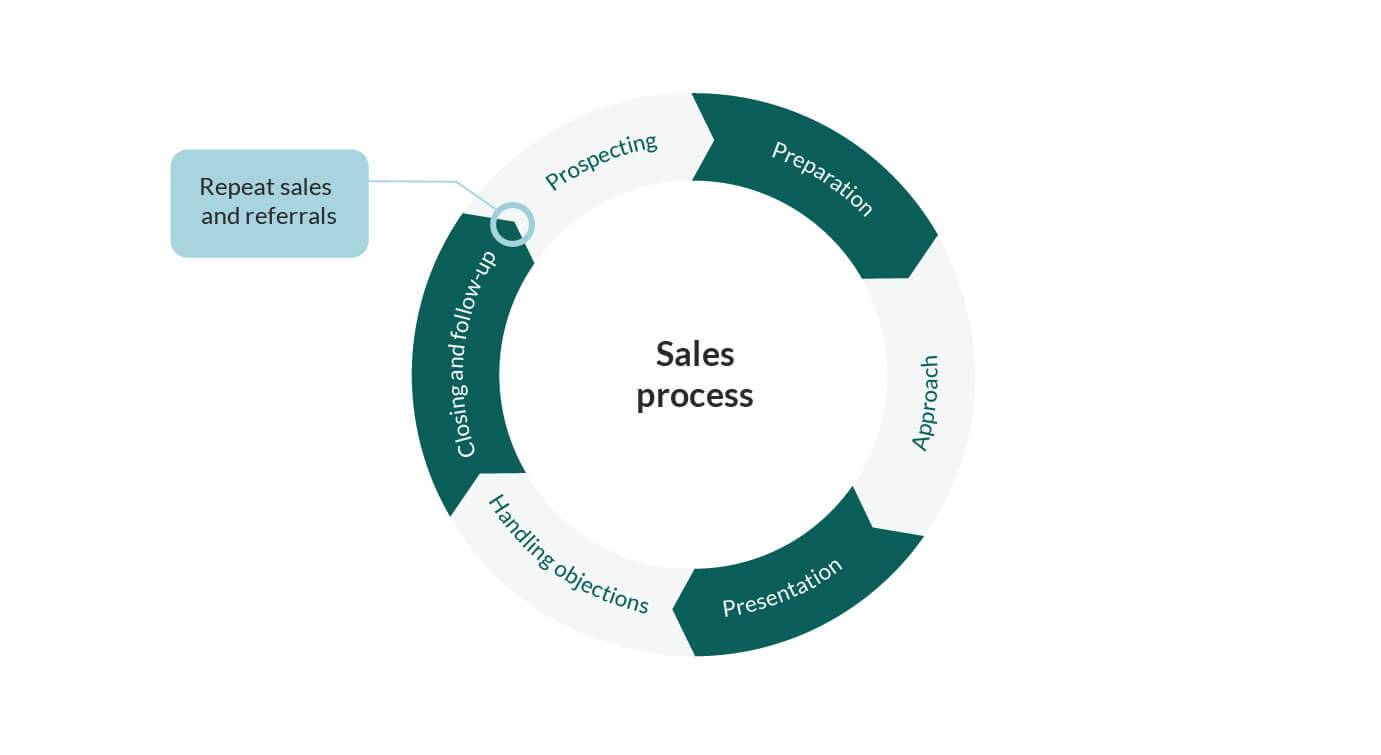
Conclusion
In conclusion, the future of sales and marketing software is exciting and full of potential. The shift towards online and digital GTM solutions has made marketing more accessible and cost-effective than ever before. As buyers become more discerning, businesses are starting to prioritize the buyer experience, and marketing automation software is seeing unprecedented growth.
Furthermore, leveraging customer testimonials and influencer marketing is proving to be a powerful way to facilitate trust and demonstrate social proof. Sales and marketing prospecting remains crucial to success, with CRM software playing an indispensable role in managing business relationships. As digital channels continue to dominate B2B sales interactions, chatbots, and conversational AI are evolving to meet increased demand.
Ultimately, the future of sales and marketing software will see greater integration of these disciplines, with the emergence of platform economies providing even greater opportunities for businesses to thrive.
Frequently Asked Questions
What is the future of sales and marketing as a career?
Sales and marketing as a career has a promising future as businesses continue to rely on these professionals to promote their products and services. With the increasing use of digital technology, sales and marketing professionals who have expertise in digital marketing will be in high demand.
What is the future of digital sales?
The future of digital sales is bright as businesses increasingly adopt online channels to reach their customers. With the rise of e-commerce, social media marketing, and other digital tools, sales professionals who have expertise in these areas will be in high demand.
What is software sales and marketing?
Software sales and marketing involves promoting and selling software products to businesses and consumers. This can include developing marketing strategies, creating product demos and presentations, and negotiating contracts with clients. Sales and marketing professionals who specialize in software must have a strong technical understanding of the products they are selling and be able to communicate complex concepts to potential customers.
What is the future in sales?
The future in sales is bright as businesses continue to rely on sales professionals to generate revenue. With the increasing use of digital technology, sales professionals who have expertise in digital marketing and e-commerce will be in high demand. Additionally, sales professionals who are able to build strong relationships with clients and provide excellent customer service will also be highly valued.
What is digital solutions go-to-market strategy?
A digital solutions go-to-market strategy is a plan that outlines how a company will introduce and promote its digital products or services to customers. This may involve developing marketing campaigns, creating product demos and presentations, and identifying target customers. The goal of a go-to-market strategy is to generate interest and excitement around a product or service and to drive sales.
What are the 3 main parts of GTM?
The three main parts of a GTM (Go-to-Market) strategy are product, marketing, and sales. The product component involves developing and refining the product or service being offered. The marketing component involves developing marketing strategies and campaigns to promote the product. The sales component involves identifying target customers and developing sales strategies to generate revenue.
What is an example of a GTM strategy?
An example of a GTM strategy is a company launching a new software product. The product component involves developing and refining the software to ensure it meets customer needs. The marketing component involves developing a marketing campaign that highlights the benefits of the software and targets potential customers. The sales component involves identifying potential customers and developing a sales strategy to generate revenue.
What does GTM mean in technology?
In technology, GTM (Go-to-Market) refers to the process of introducing and promoting a new product or service to customers. This involves developing marketing campaigns, creating product demos and presentations, identifying target customers, and developing sales strategies to generate revenue. The goal of a GTM strategy is to create interest and excitement around a product or service and to drive sales.



